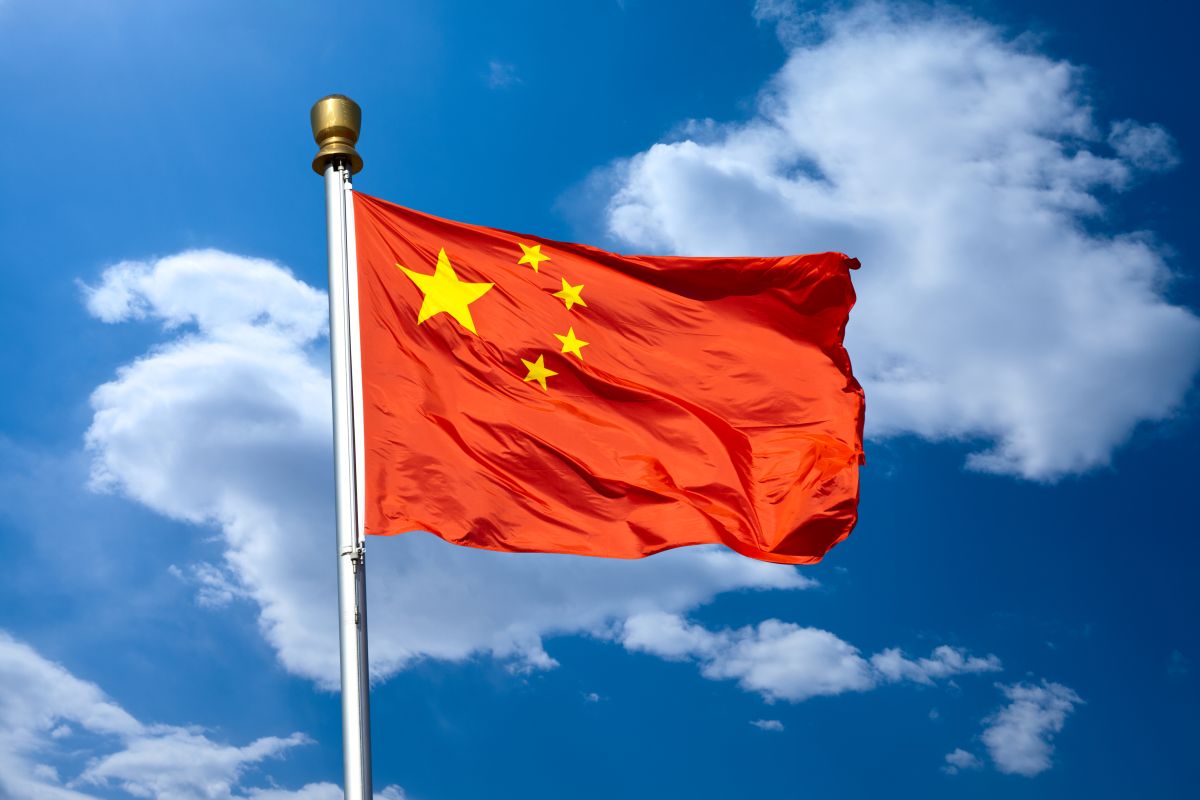Can India benefit?
The relationship between the United States and China has always been a delicate dance of power, influence, and mutual dependence.
In a world marked by shifting geopolitical tides, the once prevailing Western naivety towards China is undergoing a significant transformation.

Representational image (Photo: IStock)
In a world marked by shifting geopolitical tides, the once prevailing Western naivety towards China is undergoing a significant transformation. The era of wishful thinking and wilful self-delusion about the true nature of Chinese President Xi Jinping’s regime appears to be drawing to a close. This shift in perspective was palpable at a recent international forum where American and European officials, scholars, and business leaders convened to confront the stark realities of China’s rising influence.
Gone are the days of idealistic notions about China serving as a beacon of peace and a benevolent mediator in global conflicts. The spectre of the war in Ukraine loomed large over discussions, casting a shadow of shared gloom as participants exchanged concerns about China’s cozying up to Russia and its attempts to shape the post-war landscape in Europe. The notion of China playing a role in designing Europe’s future security architecture was met with widespread scepticism and horror, reflecting newfound distrust born out of China’s opportunistic alliances and self-serving rhetoric. Central to this recalibration of Western attitudes towards China is the recognition of the need to de-risk commercial ties and safeguard against excessive dependence.
While some advocate for a more optimistic approach, believing that the West can out-compete China with the right combination of political will, economic resources, and diplomatic finesse, others are more fatalistic in their outlook. The divide between these camps underscores the complexity of the challenge posed by China’s ascendance on the global stage. China, for its part, is keenly aware of this confidence gap and is adept at exploiting it to its advantage. From subtly encouraging European nations to stay out of Asian affairs to engaging in assertive military manoeuvres aimed at unsettling America’s allies, China’s assertiveness leaves little room for Western naivety. Navigating this new reality requires a delicate balancing act ~ one that acknowledges the complexities of engaging with China while remaining vigilant against its efforts to divide and conquer. It necessitates a united front among Western democracies, grounded in a clear-eyed understanding of the challenges posed by China’s rise and a commitment to defending shared values and interests. Amidst these shifting dynamics, it is imperative for Western democracies to reassess their strategies and strengthen their alliances. This includes investing in innovation, bolstering economic resilience, and deepening cooperation with like-minded partners in the Indo-Pacific region.
Advertisement
By fostering a unified approach grounded in shared values and mutual interests, the West can better navigate the complexities of an evolving global landscape and effectively address the challenges posed by China’s rise. Ultimately, the end of Western naivety about China represents a crucial moment of reckoning ~ one that demands a sober assessment of the risks and opportunities inherent in engaging with a rising superpower. Only by confronting the realities of China’s ambitions and recalibrating its approach accordingly can the West hope to navigate the complexities of an increasingly uncertain world order.
Advertisement